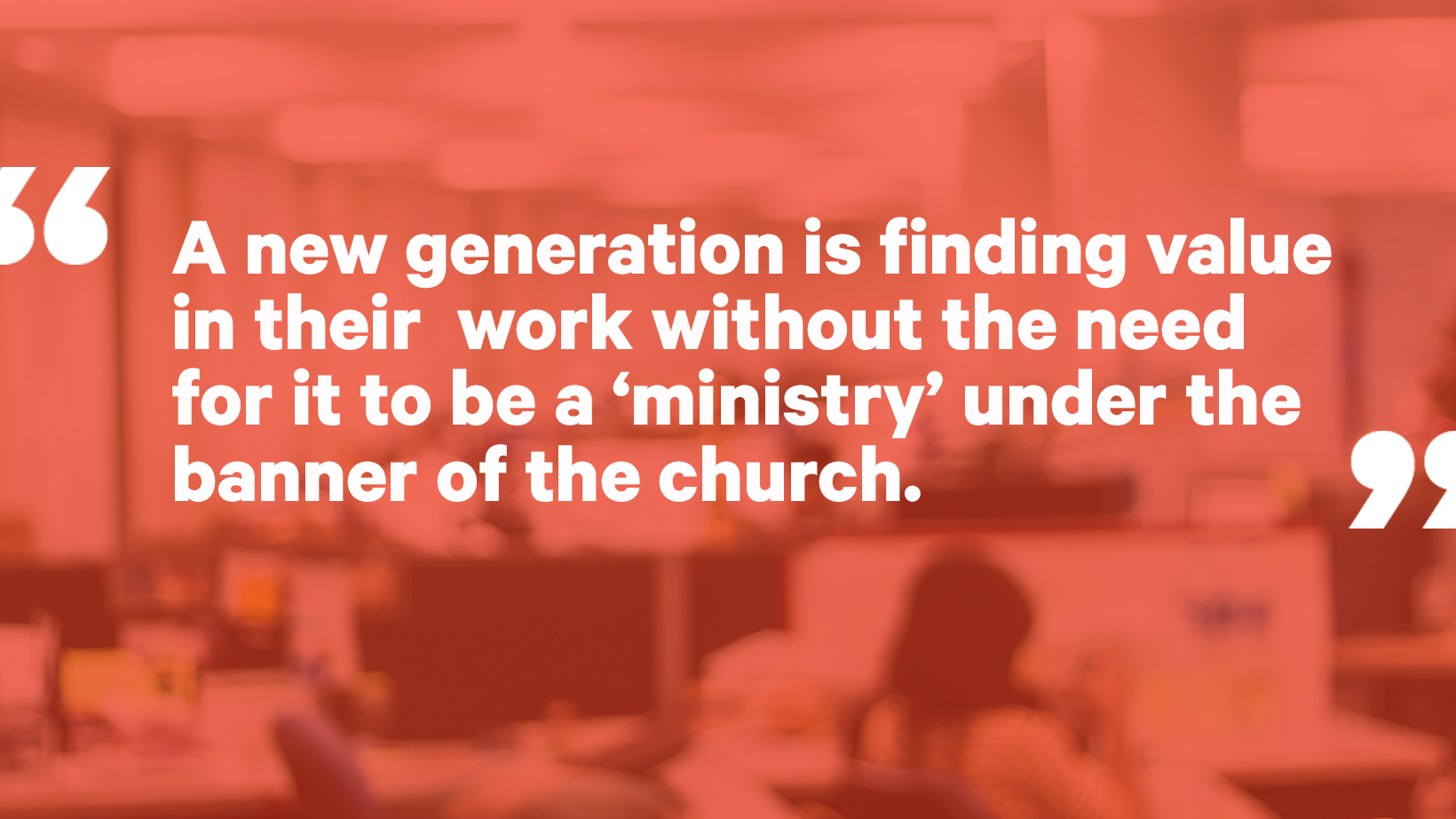
Ordering a coffee used to mean answering two questions: "Regular or decaf?" and "Black or cream and sugar?" Today Starbucks offers over 87,000 different drink combinations. For decades marketing gurus have said people want choices because customization empowers the individual, but when facing a menu with thousands of drink choices some feel overwhelmed rather than empowered. Psychologists call this the "tyranny of choice," and it explains why the value of simplicity is on the rise.
We see it in the success of Apple devices with their simple design and ease of use. A new generation of fast food is rejecting McDonald's "something for everyone" menu. The austere "urban prairie" architecture of Chipotle, for example, matches the simplicity of its menu.
The call to simplify has been heard by church leaders as well. In the last 18 months, ministry books have been published celebrating the virtues of "lean," "small," "simple," and "nimble" church. Construction of larger church buildings is at an all-time low in the U.S.—a trend that started well before the Great Recession. The glamour of mega-ministry and its ability to offer greater choices is fading—at least in some regions.
A new generation is finding value in their work without the need for it to be a 'ministry' under the banner of the church.
I suspect changing social values play a part. Millennials, research shows, are suspicious of large institutions, unlike Baby Boomers who equate largeness with legitimacy. Still, I wonder if we're also witnessing a theological shift that is eroding the foundation of very large ministries (VLMs) while providing validation for leaner ones.
Part of what makes VLMs emerge is the belief in a sacred/secular divide. This view holds that the world is split into that which God cares about (sacred) and that which is ultimately unimportant (secular). Accounting, for example, is secular work without any eternal value, but doing accounting for a church—well, now you're counting beans for the kingdom of God. Rather than affirming the work of Christians serving as counselors, mechanics, or fitness trainers out in the community, these activities are incorporated into ministries where they can find validation. Over time this desire to sanctify our work results in VLMs housing restaurants, auto repair shops, fitness centers, clinics, and a plethora of programs for volunteers to staff.
The sacred/secular divide that dominated the Middle Ages is what led, in part, to the massive institutional expansion of the Roman church. Every sphere of the culture—government, the arts, education, commerce, etc.—was sanctified by being brought within the church's control. It wasn't until the Reformation's dismantling of the wall between sacred and secular that things began to change.
Luther, Calvin, and their spiritual descendants affirmed a theology that said all of life, and all work, was sacred. Accounting mattered and brought glory to God even when done outside the church. This allowed the institutional church to shrink its footprint and simplify its ministry to preaching the Scriptures and administering the sacraments. It also empowered the laity to carry Christ's presence into the various channels of the culture through their vocations, rather than forcing the entire culture into the church.
Something similar is at work in the church today. After years of an assumed sacred/secular divide and the resulting proliferation of VLMs, many now question the divide. A new generation is coming to see the value of their lives, work, and social engagement without the need to be a "ministry" or under the banner of an institutional church.
The side-effect is a new freedom for ministers to be pastors again rather than CEOs. When the laity is empowered and their vocations in the world are validated, we can abandon the pressure to manage a VLM, and instead focus on our simple call to word and sacrament.
Skye Jethani is senior editor of Leadership Journal.
Copyright © 2015 by the author or Christianity Today/Leadership Journal. Click here for reprint information on Leadership Journal.











